Every year, as times change and technology progresses, demand does too. Overall the three trends we’re talking about today seem to be positive and by any measure suggest that mountain biking is growing healthily – aside from the current supply chain pains of course.
If you’ve been paying attention to mountain bike media, or at least the coverage here at Singletracks, then you’ve probably noticed a few trends as of late: mixed-wheel bikes are becoming commonplace, brands seem to be producing more aluminum frames, and there are some amazing trails popping up in places that haven’t ever been thought of as mountain bike destinations.
Aluminum AF

For a while there, it seemed like a lot of brands went all-in on carbon, ditching their metal options for a sleeker, lighter, harder-wallet-hitting frameset. Sure, some brands like Yeti and Pivot have been carbon faithful for some time, and a lot of brands have done a good job to compliment their carbon models with aluminum versions, but some bikes will still be exclusively carbon.
This is in praise of brands like Ibis who recognize that their sweet bikes could have an even larger reach – if they were aluminum. The Ripley and Ripmo AFs shave off around $1,500 just by using aluminum rather than carbon. At a time when the entire bike industry is preaching inclusivity, there might not be a better reason to make an aluminum frame in addition to or instead of a carbon model. Brands like Ibis, whose premium DW-Link suspension platform always seemed to make for a great ride — for a price — became more accessible by using alloy.
Transition Bikes also introduced their latest version of the Patrol in aluminum only, at $2,300 for a frameset, at a time when carbon Transition frames usually run a thousand dollars more. Most people who just want a solid mountain bike that will hold up for the long run will gladly sacrifice some weight on their bike for a substantial cut in the price, so this is a positive trend we’d like to see continue.
Mixed-wheel is the new 27.5
Speaking of the new Transition Patrol, the bike is one of the latest mixed-wheel bikes on the market, along with the Evil Insurgent, and the Santa Cruz Bronson and Juliana Roubion, all of which have debuted in the past few weeks. Sure, the mountain bike industry seems competitive and tight-lipped as ever, but it’s interesting that so many brands are doing the same thing at the same time.
Just over a year ago, Santa Cruz told us how 27.5″ wheels were still amazingly popular on bikes like their Bronson, and it seemed like that bike would remain a dedicated 27.5″ rig. Times change though.
So, what’s the buzz about mixed-wheel bikes? Well they take attributes of one size and another, and combine them both… which sounds like the same reasoning for the development of 27.5″ wheels, but this time it works a little bit differently. On enduro, or long-travel bikes, where riders are likely to be careening down steep trails, the smaller wheel saves them some space between the butt and tire, and makes the rear wheel more maneuverable through some turns, while keeping the front wheel rollover confidence of a 29er. As the owners of Mullet Cycles described in this interview, the larger front wheel can also help prevent OTB crashes.
This is just June, and we’ve already seen a handful of new mixed-wheel bikes by a few different brands, and we’ll likely see more by the end of the year.
Trails where we haven’t seen them before
The South and the Midwest are on a roll. When Singletracks visited Shepherd Mountain Bike Park in Missouri, we were blown away by the quality and the design of the trails, a la Jagged Axe Trail Designs. As the park opened and gained media attention, readers said, “Wait, Missouri?”
Historically, mountain states like Washington, Utah, Idaho, Colorado and so on have had the incontrovertible reputation of being great mountain biking destinations, but trails are spreading like wildfire in new regions as more and more towns look to the economic benefits of trail systems and how they’ve impacted neighboring states like Arkansas.
Last week we spoke with James Sergeant who helped bring a new mountain bike optimized trail system to the small town of Madisonville, Kentucky, built by Arkansas-based Rogue Trails. They opened with eight miles of singletrack and have a dozen or more slated for the next year.
Last year, we also spoke with the Sensus Rad Trails group, which was wrapping up a bike park outside of Eureka, Missouri. “The midwest is kind of blowing up with trail development,” they told us. As far as accessibility goes again, this trend seems like another win.



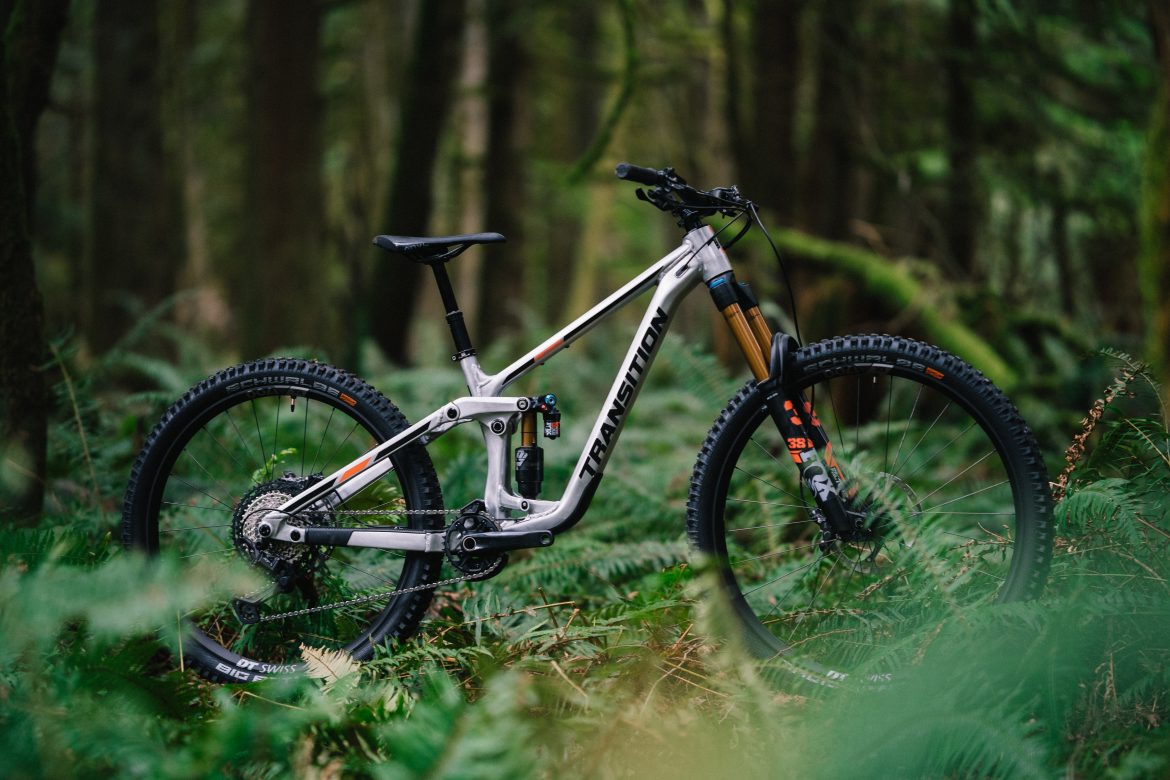
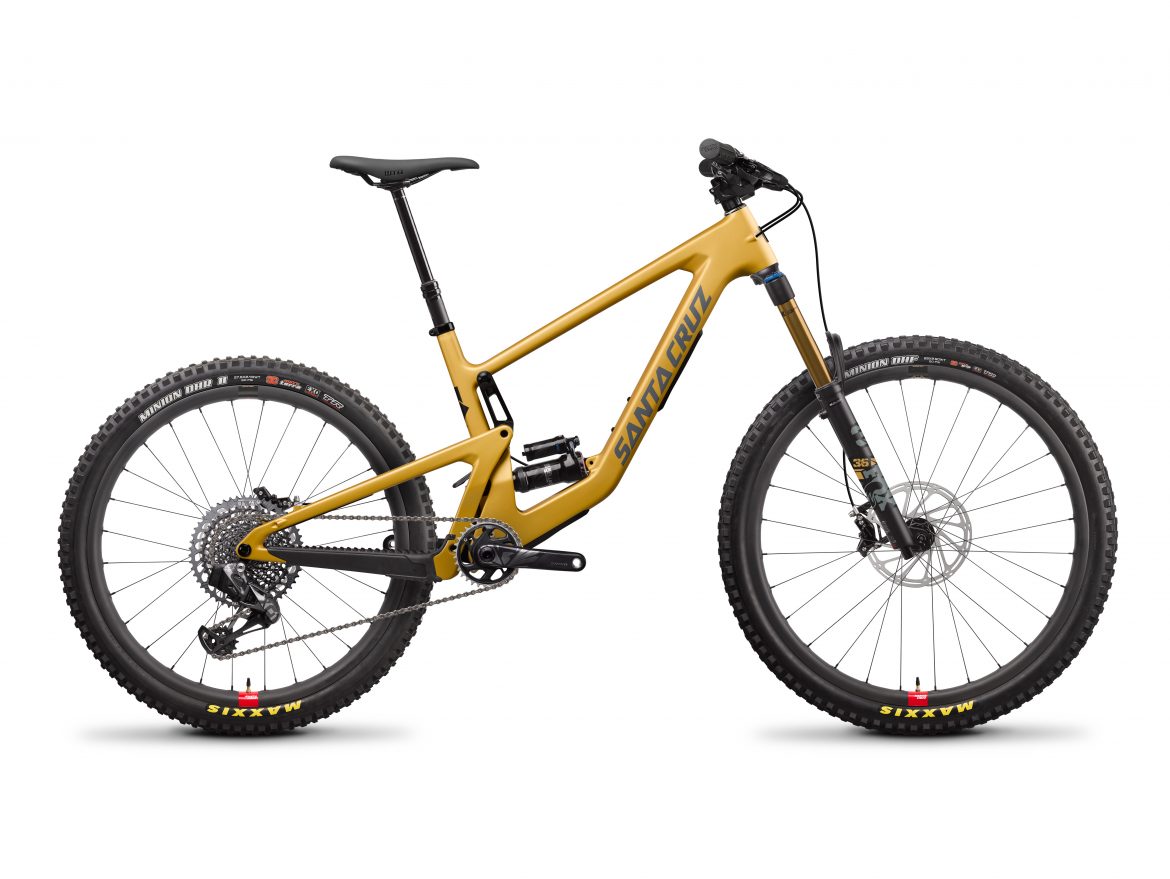
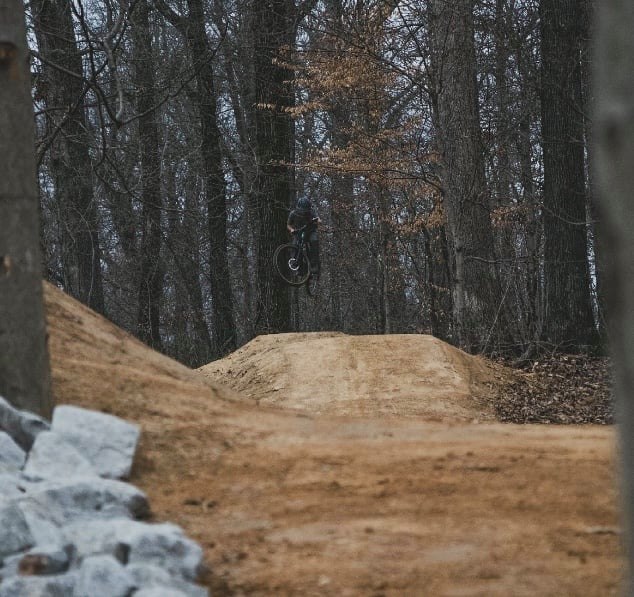

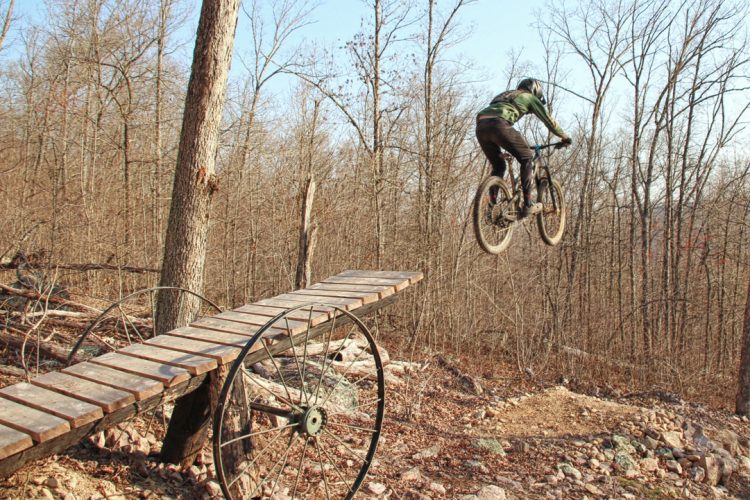
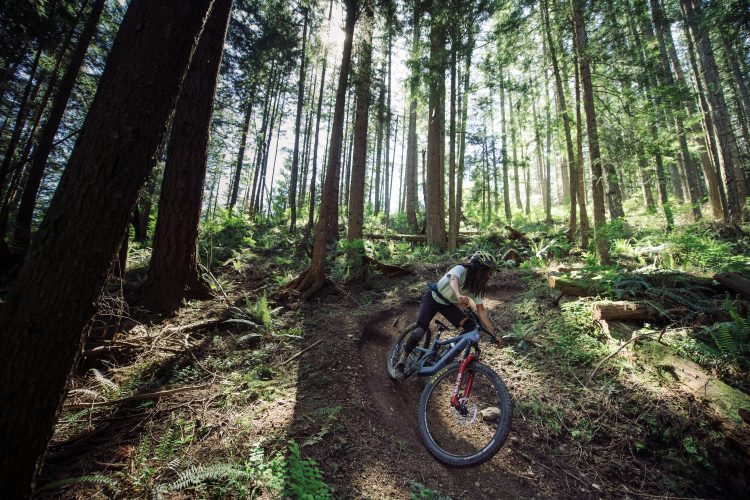
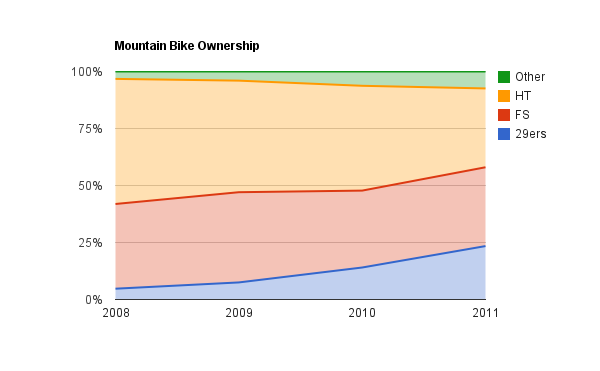
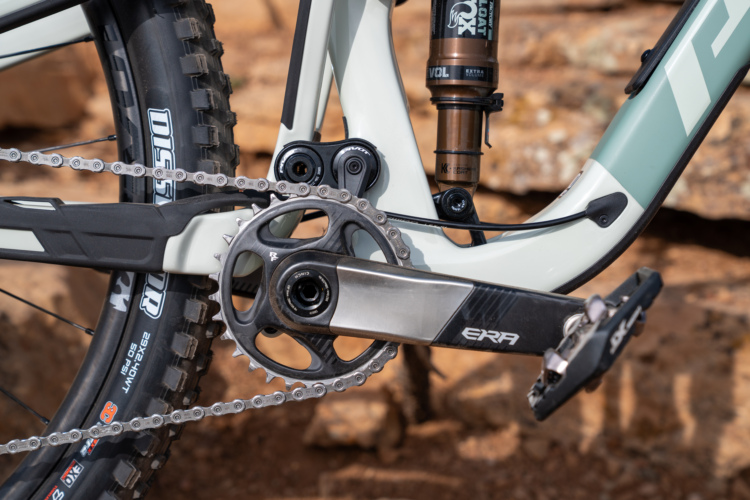
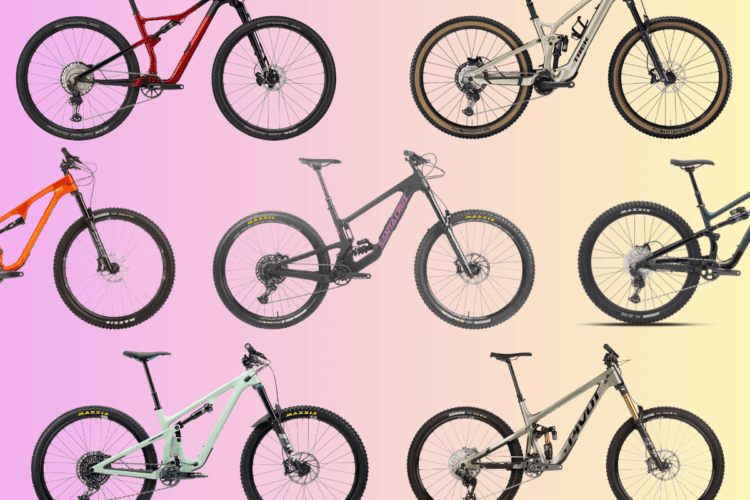
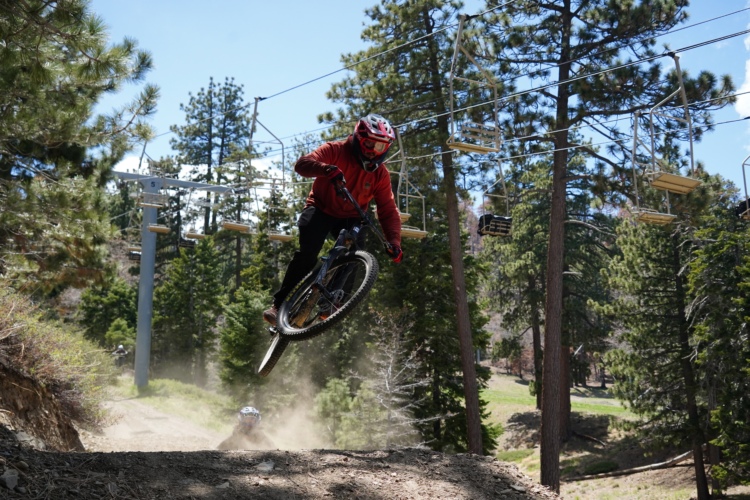
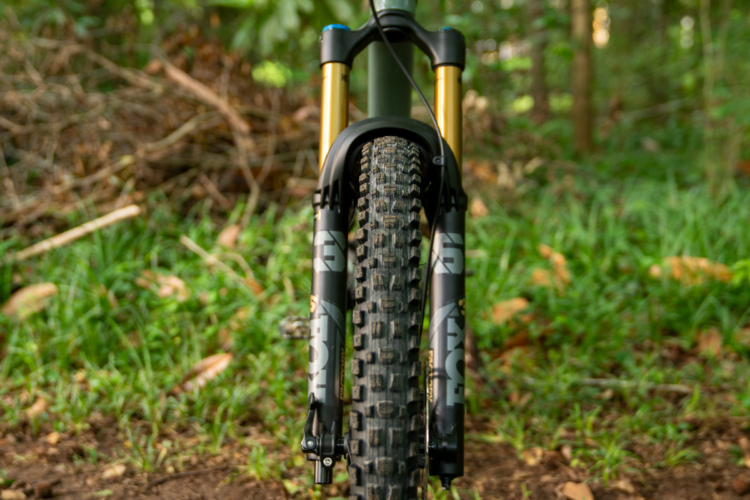

3 Comments
Jun 20, 2021
Hairstyle bikes were in production decades ago. Cannondale was one of the brands that did production runs of them in hte '80s
Jun 17, 2021
Jun 20, 2021